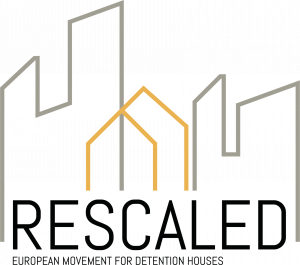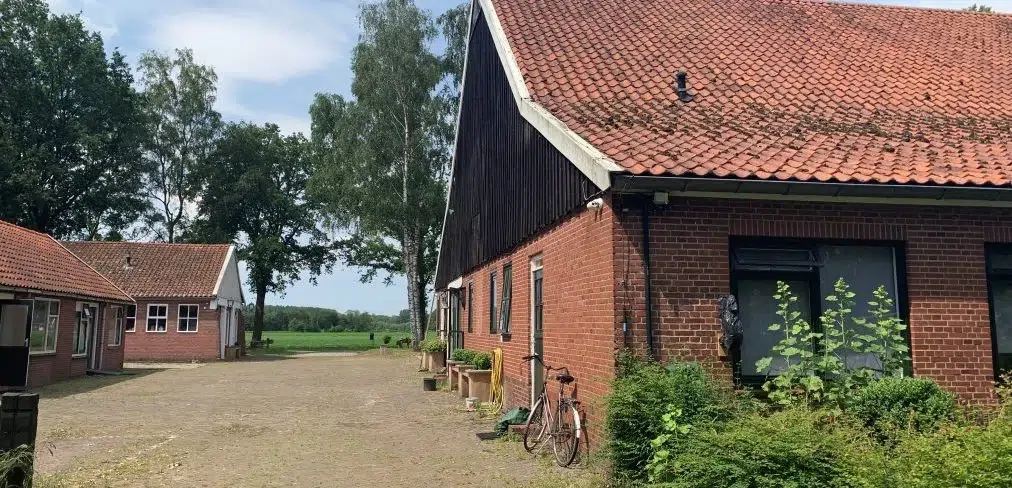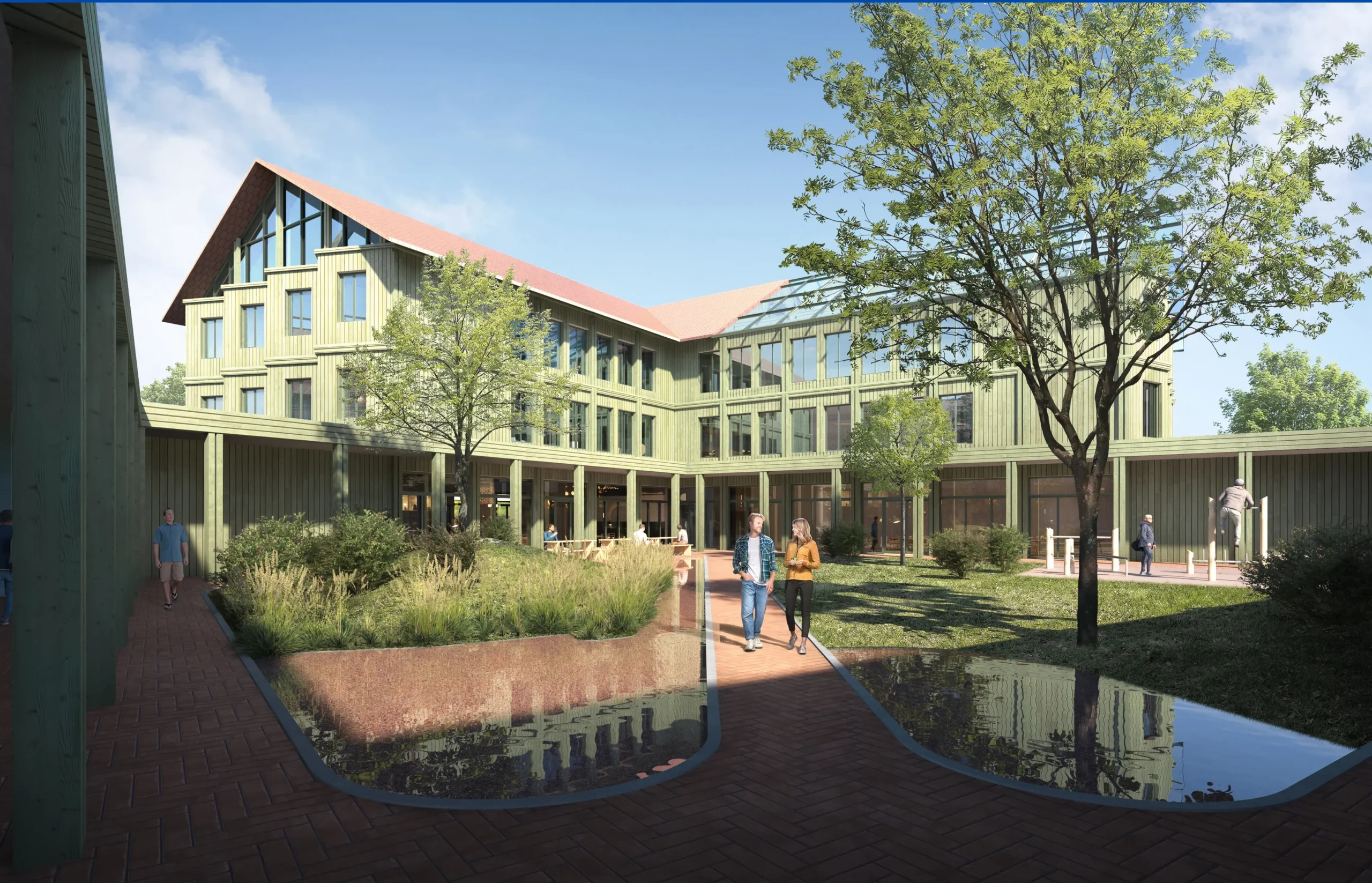The Spetse Hoeve was a former farm in Veelerveen, in the northern part of The Netherlands and is now a mental health institution. They offer help to people who face addiction problems and who have previously been in contact with the justice system or are currently in contact with it. Central to the institution is the slogan “working together for new opportunities” and the ROER idea, which refers to giving direction to one’s own life. Founded in 2015, the facility is part of the Terwille Foundation.
In 1998, the Terwille Foundation was founded by five police officers who were confronted with many addiction problems during their work in the city of Groningen. They noticed a lack of assistance for this specific target group. Over the years, they have developed into a recognized mental health institution in the Netherlands, offering specialized care to people with addiction problems.









